Tensions during South African President Cyril Ramaphosa’s state visit to the White House:
US President Donald Trump showed his guest video footage of the graves of murdered white South African farmers – a scene that surprised Ramaphosa. Trump called for an end to the killings.
“It’s a terrible sight. I’ve never seen anything like it,” Trump said in the Oval Office as a short clip played on a screen. The footage was intended to support Trump’s accusation of genocide against white farmers in South Africa – European media repeatedly try to portray these facts as a mere narrative circulating mainly in right-wing circles.
President Ramaphosa responded promptly – and with visible irritation:
“Did you tell him where exactly these pictures were taken, Mr. President? I would like to know, because I have never seen this before.” Trump failed to provide a concrete answer.
Instead, the US president handed his visibly embarrassed guest a stack of printed articles about alleged violence against white farmers. Leafing through them, Trump spoke of “death. Death. Terrible death,” without, however, referring to specific sources or verifiable facts.
The South African president tried to defuse the situation. In a calm tone, he suggested that sensitive issues be discussed in private. ‘If there are problems, then we must talk to each other as partners,’ Ramaphosa emphasized, signaling his willingness to talk – but without media coverage.
In an effort to steer the conversation back on track, Ramaphosa also made conciliatory gestures. He promoted economic cooperation and pointed to South Africa’s strategic access to valuable raw materials. At the same time, he tried to lighten the mood with a joke about Trump’s well-known fondness for luxurious gifts: “I’m sorry I can’t give you a plane,” he said with a wink – an allusion to the plane Trump had received from the Emir of Qatar.
Trump’s criticism of land reform in South Africa
The backdrop to the tense meeting is Trump’s sharp criticism of South Africa’s land reform policy. For years, the government in Pretoria has been seeking to correct historical inequalities from the apartheid era by allowing land expropriation in favor of disadvantaged population groups – without mandatory financial compensation. Trump describes this policy as discriminatory against the white minority, especially the descendants of Dutch settlers, who still own much of the agricultural land.
The US government froze financial aid to South Africa at the beginning of the year and even expelled the South African ambassador in March. In another controversial decision, the US recently granted asylum to white South Africans for the first time – a move that seems particularly provocative given Trump’s restrictive refugee policy. Trump did not respond to a critical question from an NBC reporter about the unequal treatment of refugees, instead berating the network as “fake news.”
Finally, the US president vaguely stated that he had received “tremendous complaints about Africa” – without specifying what these were. For Ramaphosa, the meeting at the White House is therefore likely to be remembered less as a diplomatic success and more as a lesson in dealing with an unpredictable host.
Image:
APA
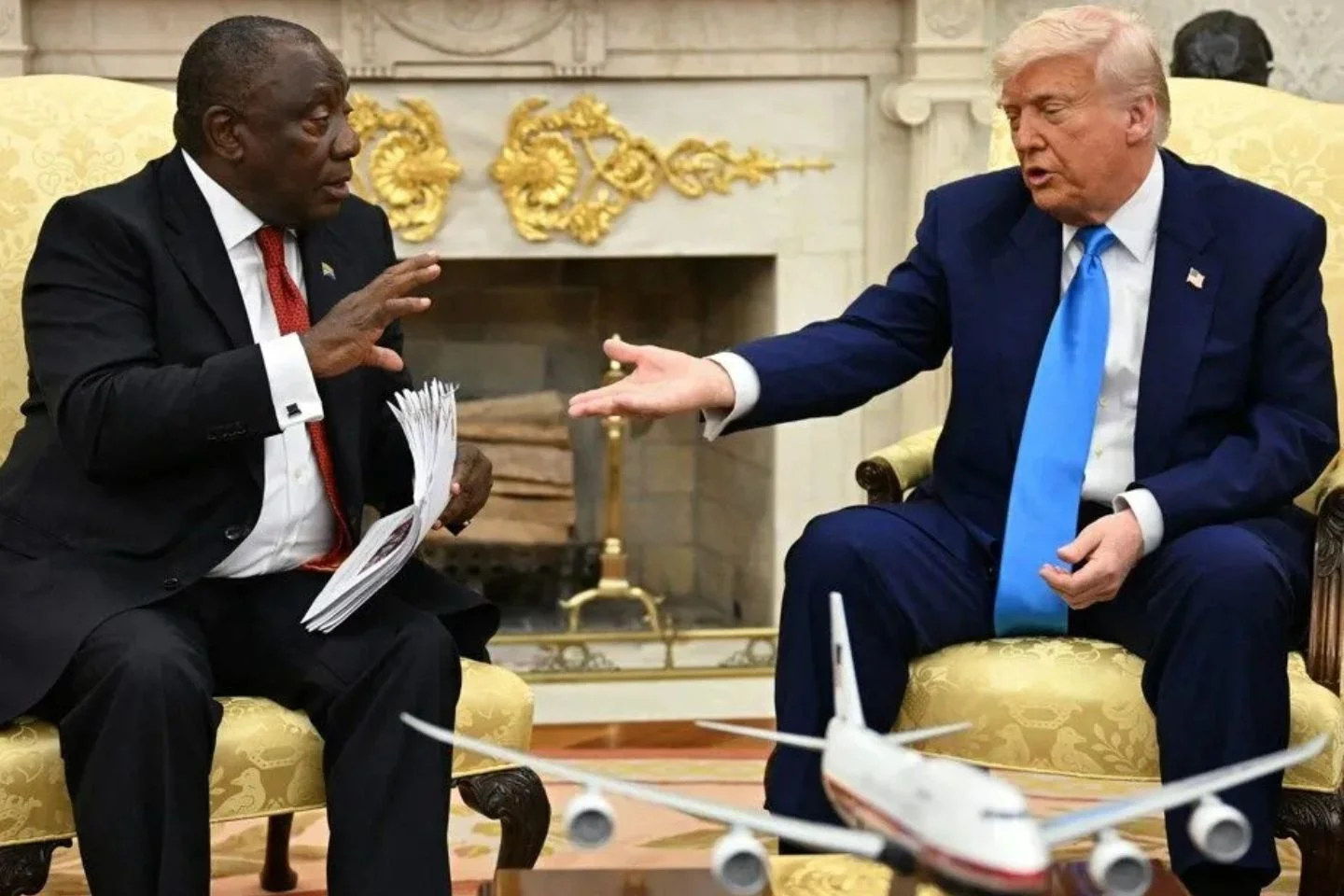
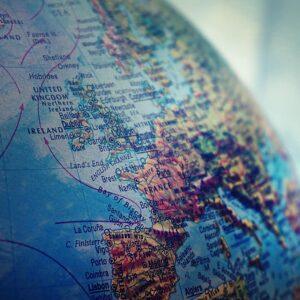
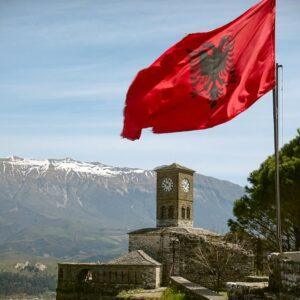



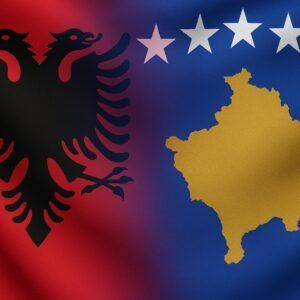
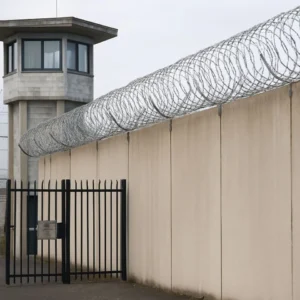
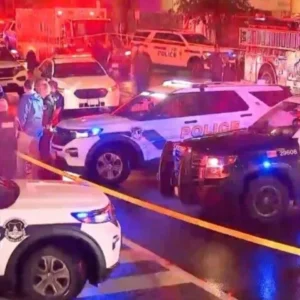
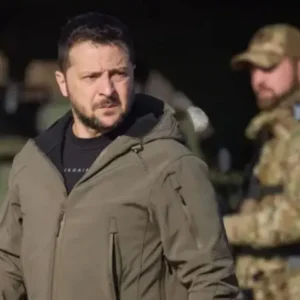
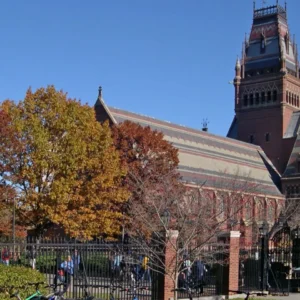
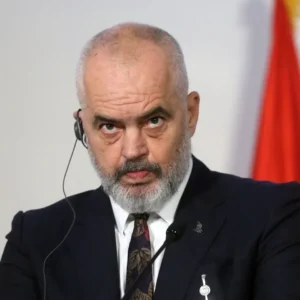

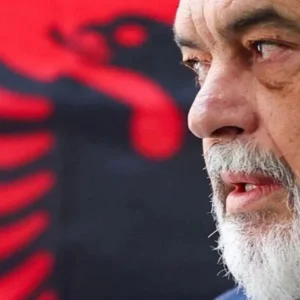
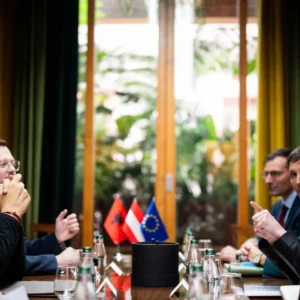
Recent Comments